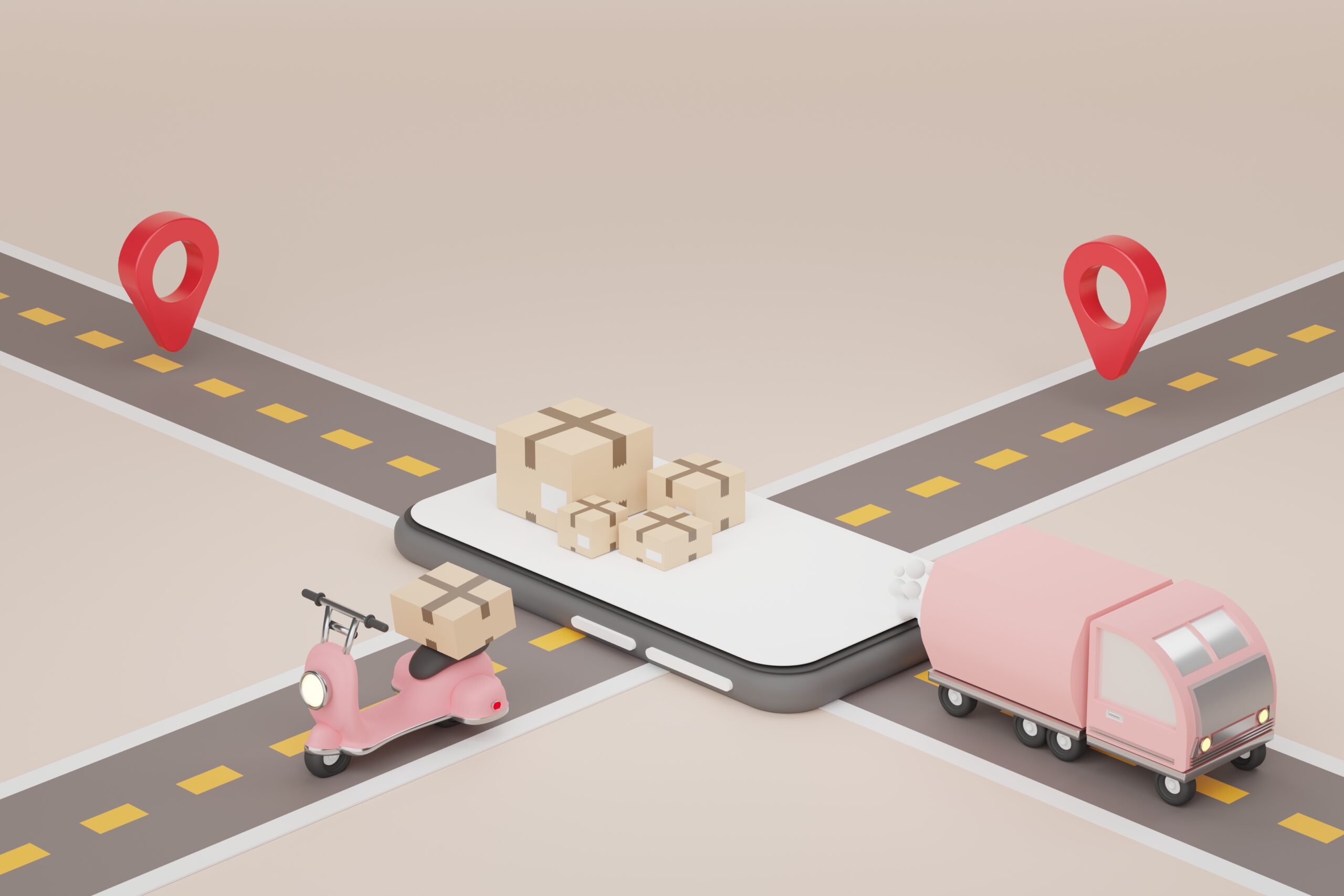Last Mile Logistics represents the final and often most challenging stage of the delivery process, encompassing the movement of goods from the last transportation hub to the final delivery destination, typically the end customer’s location. This crucial phase, while representing the shortest geographical distance in the supply chain, often accounts for a significant portion of total shipping costs and logistical complexity.
Last mile delivery faces unique challenges including complex routing requirements, varying delivery time windows, customer availability issues, urban congestion, parking limitations, and the need to manage customer expectations for real-time tracking and delivery flexibility. The process involves multiple delivery attempts, signature requirements, specific handling instructions, and sometimes special equipment for installation or placement. Modern last mile operations increasingly rely on advanced technology solutions, including route optimization software, real-time tracking systems, mobile applications for delivery confirmation, and customer communication platforms.
The rise of e-commerce has dramatically increased the importance and complexity of last mile logistics, driving innovations such as automated lockers, click-and-collect services, and alternative delivery locations. Sustainability concerns are becoming increasingly prominent, leading to the adoption of electric vehicles, bicycle couriers in urban areas, and drone delivery experiments. Cost optimization in last mile delivery involves balancing various factors including fuel efficiency, vehicle capacity utilization, driver productivity, and delivery density. Companies employ different delivery models including in-house fleets, third-party logistics providers, crowdsourced delivery platforms, and hybrid approaches to manage these challenges effectively. Success metrics typically include on-time delivery rates, customer satisfaction scores, cost per delivery, first-attempt delivery success, and route efficiency.
The future of last mile logistics is being shaped by emerging technologies such as autonomous vehicles, artificial intelligence for route optimization, blockchain for transparency, and IoT devices for real-time tracking and condition monitoring. Customer expectations continue to evolve, demanding faster delivery times, more precise delivery windows, real-time updates, and flexible delivery options, while also increasingly considering the environmental impact of their delivery choices. Successful last mile operations require careful attention to both operational efficiency and customer experience, balancing the need for speed and reliability with cost considerations and environmental responsibility. Organizations must continuously adapt their strategies, invest in appropriate technology, maintain strong communication channels with customers, and develop robust contingency plans to handle various delivery scenarios and peak periods effectively.


